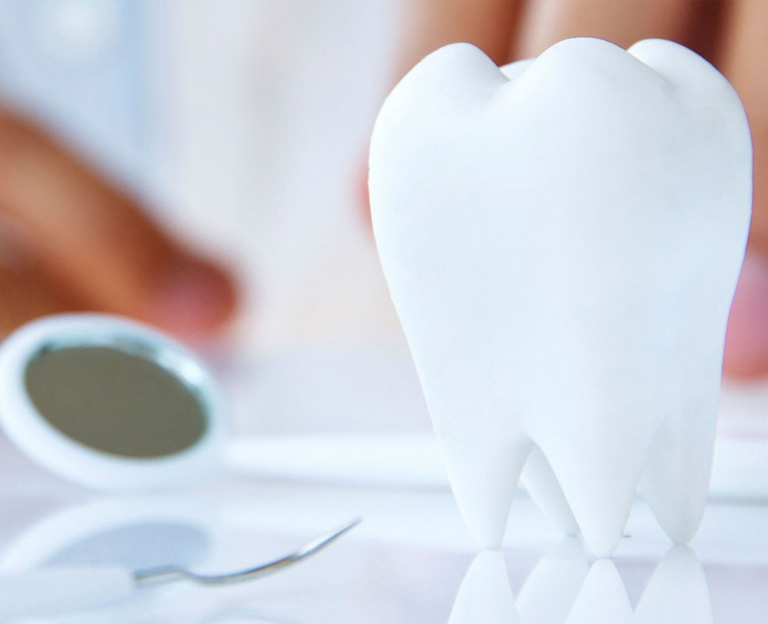Implant and natural teeth all together; In a healthy mouth, implant crown prostheses display a harmonious and aesthetic appearance with natural teeth in terms of gingival and symmetry.
Treating the missing tooth with an implant instead of traditional methods ensures that the neighboring natural teeth are not damaged. It does not harm the jawbone in any way.
With the decision of the TDB Central Administrative Board, the photographs of the patients before and after the treatment are not included.
The pictures here are taken from academic publications taught at the university.

Prof. Dr. Ömer Kutay talks about gingival recession, bone resorption and implant treatment, which is one of the most curious subjects:
“Gum recession; It shows us that the bone under the gum has also melted together with the gum. The bone under your gum in the relevant area has melted a few mm, which means that your gum has receded. When that tooth is extracted and the implant is placed in its place, the gum will be in a recessed state. That's why we're doing something like this.
Today, the best option for replacing missing teeth is implant treatment. A dental implant is a titanium material that replaces the tooth root in the form of a small screw that is placed in the jawbone and supports a porcelain or zirconium dental crown. Natural teeth and implant supported teeth have differences and similarities.
The main difference between implants and natural teeth is the way they attach to your bone. In this case, which is called osteointegration, the implants fuse to the bone and become a whole with the bone, and in this case, the implant does not move within the bone. This is a unique property of titanium, a biocompatible metal from which implants are made. Maintaining this connection is very important.
Natural teeth, on the other hand, do not become a part of the surrounding bone, that is, they do not adhere to the bone and make a minimal functional movement within the bone. They provide this with the periodontal ligament, which consists of fibers that attach to the tooth on one side and to the bone on the other.
Another difference is that natural teeth decay, while implant-supported teeth do not. However, this does not mean neglecting oral hygiene. Good oral hygiene is extremely important to protect both teeth and implants. Inadequate oral hygiene for both causes gum disease and even bacterial infections that can lead to bone loss.
The main enemy of an implant fused with bone is bacterial plaque. This “peri-implantitis” is a bacterial infection that begins when bacterial plaque is allowed to build up on the implant. Peri-implantitis can cause a horizontal, vertical, or cup-shaped bone loss around the implant, which can cause the implant to lose its connection with the bone. This can lead to implant loss. Therefore, effective cleaning of the interface with good brushing and flossing and professional cleaning in routine dentistry are very important. This infection can be prevented if these precautions are taken. One of the most important common points of implant and natural teeth is that both of them can stay in the mouth for a lifetime with a good oral hygiene.